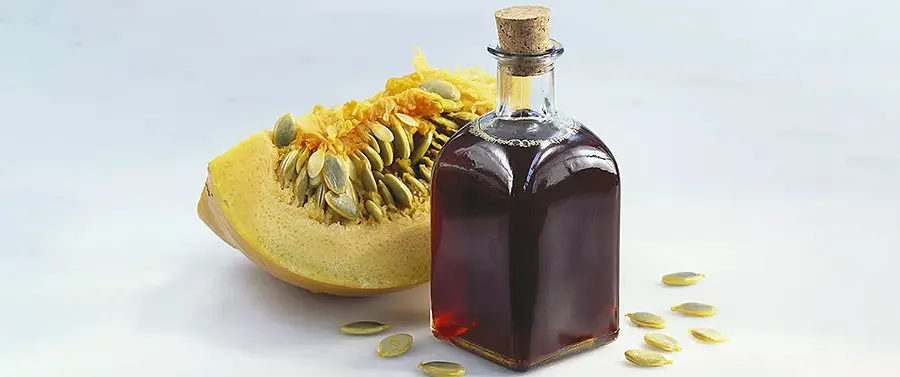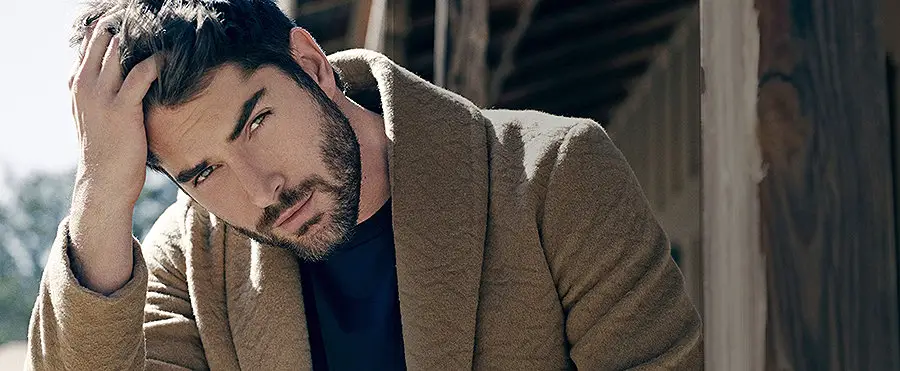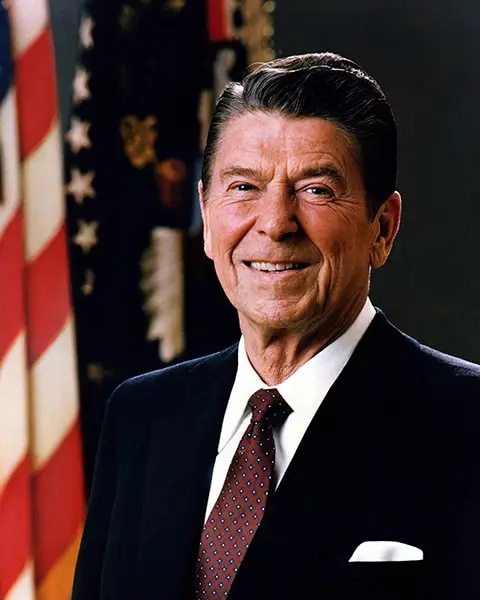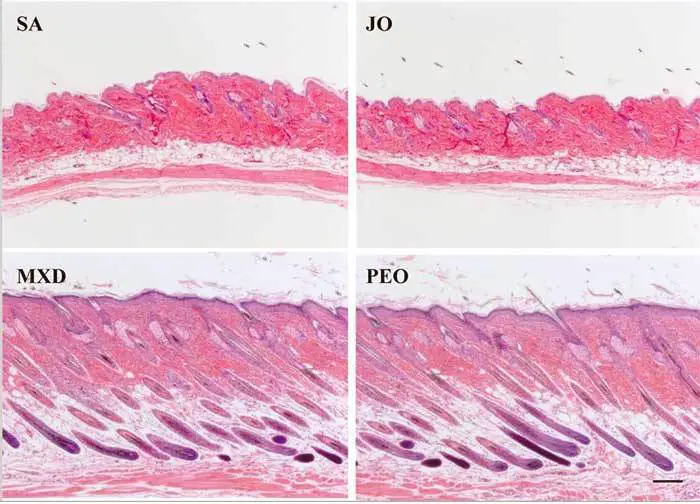
Tons of men struggle to choose the perfect kind of oil for their beards. An oil slowly growing in popularity in the beard community is pumpkin seed oil.
There is a lack of good research on pumpkin seed oil, but in general, it’s considered a good oil for beards. It helps nourish and moisturize your beard while protecting it from external damage. It also hydrates and protects the hair follicles.
Is Pumpkin Seed Oil Good for Beards?
Pumpkin seed oil works for your beard similarly to how most oils work. It helps moisturize and nourish your beard hairs. It can also help your beard look more lustrous and shiny. Plus, it helps protect your beard from external damage like air pollution, sunlight, etc.
One study back in 2014 showed a lot of promise for pumpkin seed oil as a plant-based hair growth alternative (Young et al., 2014). Men with pattern baldness participated in the study. They took either a placebo or pumpkin seed supplements. The participants took a placebo or 400 mg of pumpkin seed oil (PSO) daily for 24 weeks.
Researchers chose four outcomes to evaluate scalp hair growth over time: scalp hair counts, scalp hair thickness, patient self-assessment scores, and a blinded investigator assessing standardized clinical photographs.

The men who took the supplements gained 30% more hair growth than the men who took placebos. The same group’s mean hair count increased by 40% while the placebo group’s increased only by 10% (which could be average hair growth). The two groups did not have different adverse effects.
While this study shows the promise that pumpkin seed oil has for hair growth, it does not have conclusive evidence that it is incredibly useful. For instance, the study only had 100 male participants, and the study only lasted for 24 weeks. Another crucial thing to consider is that the participants only had mild to moderate hair loss.
Another thing to note about the research is that pumpkin seed was not the only ingredient used in the study. The researchers tested it as one ingredient, but it was a multi-ingredient supplement. Some of the other ingredients included tomato powder, red clover powder, evening primrose powder, mixed vegetable powder, and a plant wax called octacosanol. Therefore, we are not sure if pumpkin seed oil was 100% responsible for increased hair growth.
The study also used pumpkin seed powder, not oil. Additionally, the study does not consider the benefits of using pumpkin seed oil for your beard. It also did not test how effective it would be if you put pumpkin seed oil directly to your hair and skin.
DHT: Is It Helpful?
There is a downside to pumpkin seed oil: it contains amino acids that have some DHT-blocking properties. DHT is an androgen. Androgens are sex hormones that help promote male sex features, which include beard hair and body hair.
When you learn about hair loss and hair growth, most people will suggest choosing oils that block DHT. However, that only applies to scalp hair growth, not facial hair growth. DHT affects the two differently.
DHT blockers can help prevent hair loss, which is why balding men often prefer it. Ingredients with a lot of linoleic, oleic, and lauric acid can inhibit DHT production. Some examples of DHT blocking ingredients are coconut oil, aloe vera, olive oil, argan oil, etc.
However, DHT does not work the same way for beard hair growth. Most people with lower sensitivity and lower levels of DHT often have less beard hair growth. However, it’s unlikely that DHT would be lowered enough by pumpkin seed oil to make a difference.

Why Do Some Men Have Lots of Head Hair and Beard Hair?
If DHT inhibits head hair growth but promotes beard hair growth, why do some men have a lot of hair on both their face and scalp?
Well, they could produce a lot of DHT naturally, causing them to have longer and fuller beards. However, their scalp hairs are probably not DHT sensitive, and they don’t have the genes responsible for male pattern baldness.
If a person’s scalp hair follicles are DHT sensitive, they are more prone to hair loss. However, men with lots of head and facial hair often have lots of DHT but will not be affected by male pattern hair loss because of their genetics.
Ronald Reagan was one such person:

However, people with his hairline at 70 are rare freaks of nature. Most men will have hair loss at some point. It’s not a question of if, but when.
Does That Mean I Should Avoid DHT-Blocking Ingredients Altogether?
Generally, you do not have to avoid DHT-blocking ingredients altogether. However, the way you use the ingredients matter. For instance, topically applying ingredients that could inhibit DHT to your skin and beard do not cause as much harm as you think. It may cause issues with your beard growth in higher doses (mostly if consumed orally).
However, many ingredients that block DHT are still fantastic for your hair. For instance, aloe vera can even help make your skin and hair smoother without leaving it greasy.
A way to help avoid issues with beard growth is to use a carrier oil. Some carrier oils, like jojoba oil, contain no DHT. You can use that carrier oil to dilute DHT-blocking ingredients like peppermint oil to get the best of both ingredients.
Other Natural Ways to Encourage Beard Hair Growth
Jojoba Oil
Jojoba oil is an excellent choice, especially if you want an oil that does not block DHT. It is anti-comedogenic and light. It quickly gets absorbed into your beard fibers and skin without making your beard look greasy.
A natural skin oil called sebum makes it harder for you to grow beard hair. Jojoba oil can help reduce sebum build-up to create more consistent and healthy beard hair growth.
It is also an excellent way to moisturize your beard. Moisturized hairs are less likely to break, which can help you achieve a fuller, longer beard.
Additionally, jojoba oil makes an excellent carrier oil. Carriers oils are crucial, especially if you want to experiment with a mixture of different and more potent oils. You can also use pure jojoba oil as a beard oil substitute.
Peppermint Oil
Another great oil that you can use as a top-note is peppermint oil. It is a good addition to your beard oil mix if you want a fresh minty scent.
According to one study, peppermint oil can stimulate hair follicles and enhance growth when topically applied to your beard in 3% dilution (Oh et al., 2014). However, it would be essential to note that the study was done on rats, not people.

It is crucial to avoid ingesting peppermint oil. As stated earlier, it is essential to know how to use DHT-blocking ingredients properly. It can suppress your beard hair growth if you consume it.
Vitamin E Oil
Moisturized and healthy beard hair is essential to have if you want to grow a longer, fuller beard. If it is damaged and dry, it is more prone to breakage.
Vitamin E oil is a great ingredient to help prevent itchiness and beard dandruff. It moisturizes your beard and skin. Additionally, you do not need to rely solely on topically applying vitamin E oil to your beard. Oral vitamin E supplements can help promote healthier overall hair and skin.
Orally consuming vitamin E can increase your testosterone levels if you’re deficient in it (Umeda et al., 1982). Testosterone is the primary hormone that promotes facial hair growth. Therefore, taking vitamin E can increase it and potentially help your beard hair grow longer and be healthier.

